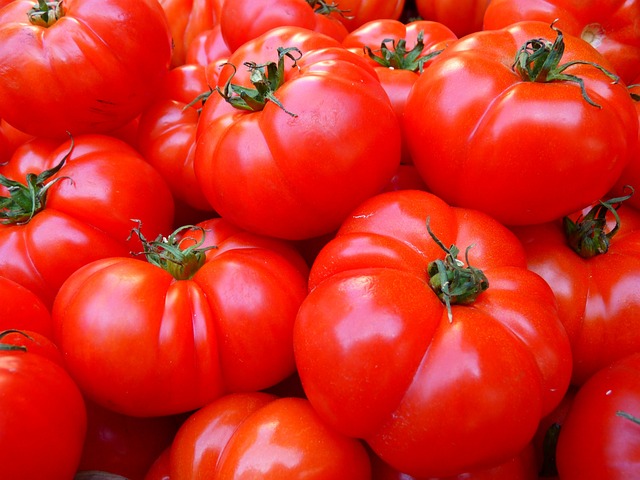Deliciously Healthy: Incorporating Probiotic Foods into Your Daily Diet
If you’re looking to improve your digestion, boost your immune system, and promote overall gut health, incorporating probiotic foods into your daily diet is a delicious and effective way to achieve these goals. Probiotics are live beneficial bacteria that provide numerous health benefits when consumed regularly. They help restore the natural balance of bacteria in your gut, which can be disrupted by poor diet, stress, antibiotics, and other factors.
The Benefits of Probiotics
Probiotics offer a wide range of benefits for both your gut and overall health. Here are some of the key advantages of incorporating probiotic foods into your diet:
- Improved digestion: Probiotics help break down food and enhance nutrient absorption, leading to better digestion and reduced digestive issues such as bloating, constipation, and diarrhea.
- Stronger immune system: The majority of your immune system resides in your gut. Probiotics help strengthen your immune system by promoting the growth of beneficial bacteria, which can help fight off harmful pathogens and reduce the risk of infections.
- Enhanced mood: There is increasing evidence to suggest a connection between gut health and mental health. Probiotics may help improve mood and reduce symptoms of anxiety and depression.
- Weight management: Some studies have shown that individuals with a healthy gut microbiome may be better able to manage their weight. Probiotics may help regulate appetite and reduce the risk of obesity.
- Healthy skin: A balanced gut microbiome is essential for healthy skin. Probiotics can help reduce inflammation and improve various skin conditions, including acne, eczema, and rosacea.
Probiotic Foods to Incorporate into Your Diet
Thankfully, there are plenty of delicious and easily accessible probiotic foods that you can incorporate into your daily diet. Here are some of the top choices:
Yogurt
Yogurt is one of the most well-known probiotic foods. Look for yogurts that contain live and active cultures, such as Lactobacillus or Bifidobacterium. You can enjoy yogurt on its own, as a topping for granola or fruit, or as a base for smoothies.
Kefir
Kefir is a fermented milk drink that is packed with probiotics. It has a tangy taste similar to yogurt but is more drinkable. You can drink kefir on its own or use it as a base for smoothies.
Sauerkraut
Sauerkraut is made by fermenting cabbage and is a great source of probiotics. It adds a tasty crunch to sandwiches or can be enjoyed as a side dish. Look for unpasteurized sauerkraut to ensure it contains live probiotic cultures.
Kombucha
Kombucha is a fermented tea that is fizzy and refreshing. It’s a popular choice for those looking to incorporate more probiotics into their diet. Kombucha is available in various flavors and can be enjoyed as a healthy alternative to sugary sodas.
Miso
Miso is a traditional Japanese seasoning made from fermented soybeans. It is commonly used to make a flavorful soup called miso soup. You can also use miso as a marinade or flavor enhancer in various dishes.
Kimchi
Kimchi is a staple in Korean cuisine and is made by fermenting vegetables, usually cabbage. It has a spicy and tangy flavor that pairs well with rice, noodles, or even as a topping for burgers.
How to Incorporate Probiotic Foods into Your Diet
Now that you know some of the best probiotic foods to include in your diet, here are a few tips on how to incorporate them:
- Start with small







